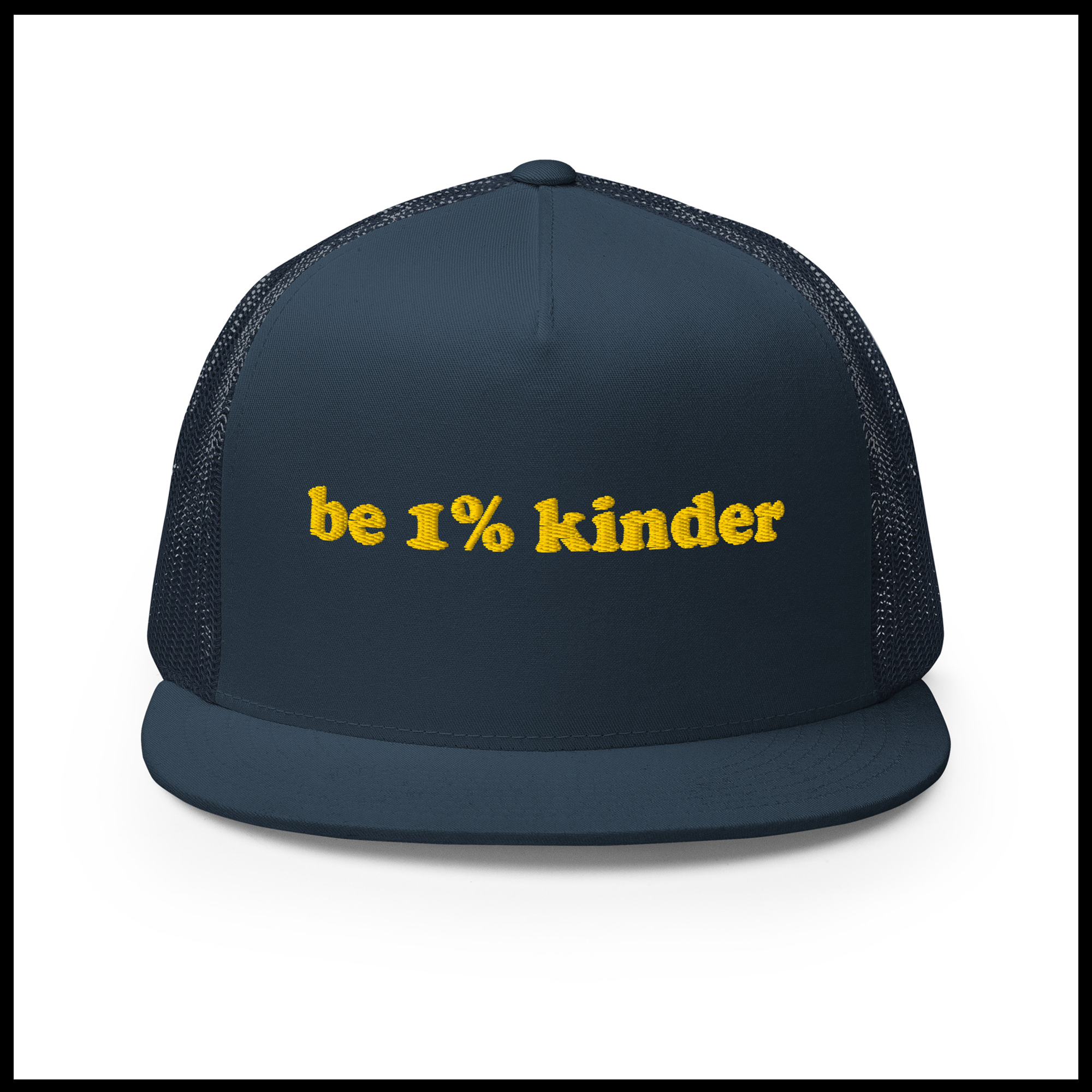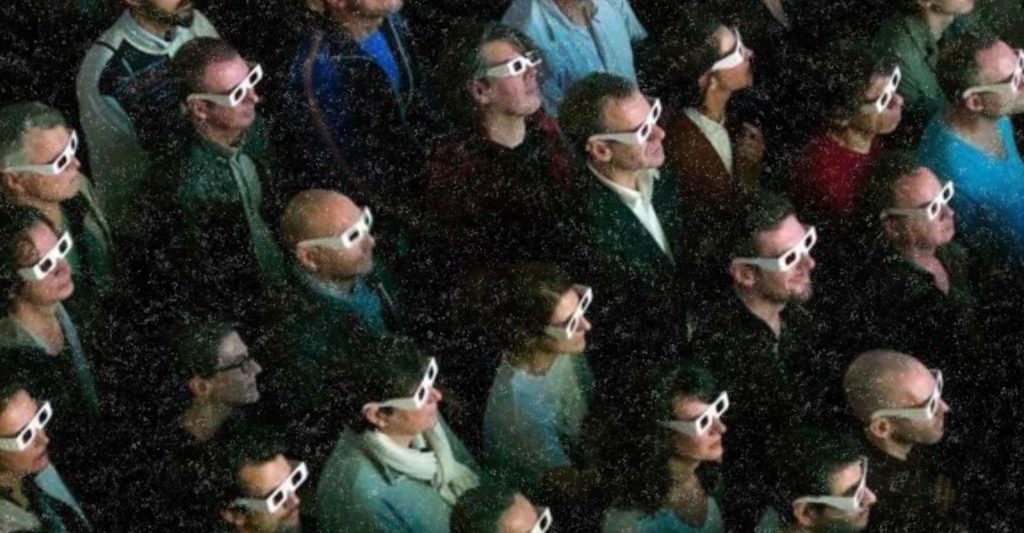
The Tyranny of Productivity
There’s a quiet kind of pressure that lingers in the background these days—a steady hum that tells us we should be doing more. It doesn’t shout, but it’s persistent. You head out for a walk and feel a twinge of guilt for not using the time to catch up on a podcast. You sit down to meditate, but it’s less about stillness and more about trying to sharpen your focus for work. Even our attempts to slow down come with a hidden agenda.
Somewhere along the way, productivity shifted from being something we simply valued to something we began to measure our worth by. We dressed it up in the language of growth and “becoming our best selves,” but what it often leaves in its wake is not purpose—but guilt. Guilt for sleeping in. Guilt for saying no. Guilt for just… being.
I see this all the time. In Wall Street boardrooms. In founder circles. In late-night texts from friends who can’t stop working. In those environments, exhaustion is a kind of status symbol. You don’t just work hard—you grind. You sacrifice. And if your weekends, your health, or your relationships fall by the wayside, well, that’s just what success requires.
But at some point, you start to ask: When is enough actually enough?
We don’t usually think of ambition as a kind of addiction, but maybe we should. That little hit of dopamine from one more deal, one more milestone, one more follower—it can be hard to resist. We celebrate drive, but we rarely stop to ask what it’s costing us. We don’t send people to rehab for working 100-hour weeks or chasing seven-figure dreams, but maybe we should talk more honestly about the toll that kind of striving can take on our bodies and our relationships with others. Because this kind of productivity obsession doesn’t stay contained. It seeps into other parts of our lives. It shows up in how we parent, how we relate, how we spend our free time. Hobbies become side hustles. Conversations become networking.
This may be one of the defining features of our time: we’ve internalized capitalism so deeply that we no longer need a boss breathing down our necks—we do it to ourselves. Once, working long hours meant you were serving a company. Now, you are the company. Your name is your brand. Your thoughts are your content. Your face is your platform. And while we were told this would set us free, I think more and more of us are realizing—it hasn’t.
It wasn’t always like this. Not that long ago, people went to work, came back home, and then lived out the rest of their lives. Your job was just something you did, not something you were. You didn’t have a personal brand, and you certainly didn’t spend your vacation showing off that you were enjoying it. But somewhere along the way, that line started to disappear. We’re not just working more these days, we’re thinking like businesses in nearly every part of our lives. Relationships feel transactional, and even marriage is approached like a start-up venture. Sure, there’s passion, but also an exit strategy. I keep thinking about the early 1990s, when “selling out to the man” was still a dirty phrase. Remember that? When success wasn’t just measured in money, but in whether you’d stayed true to something essential to yourself. Our culture was allergic to the idea of being perceived as being bought. But now, it feels like we’ve not just sold out—we’ve sold in. We’ve decided to commodify some of the most human parts of ourselves—our creativity, our personalities, even our families. We are all so busy trying to be marketable that we’ve stopped asking what’s truly meaningful. And how can we stay truly connected to others when we’re constantly competing with ourselves?
Choose a Subscription
Shop +wellvyl APPAREL











